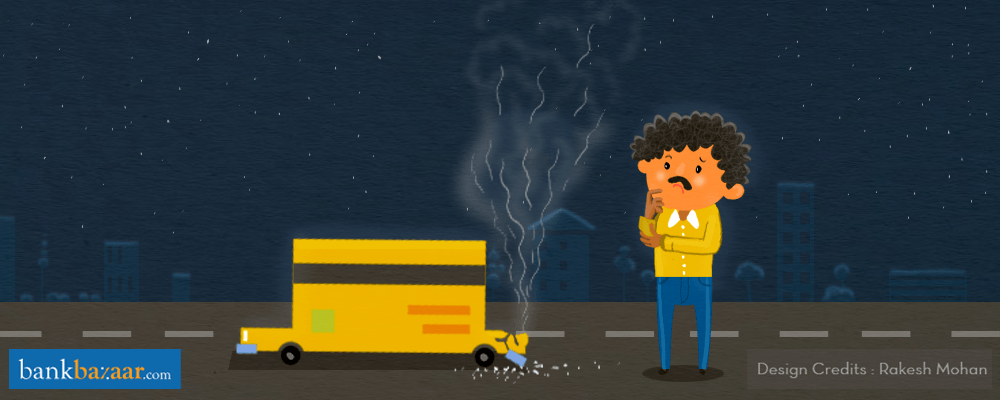When you
apply for a credit card, there are multiple factors lenders consider before approving your application. Potential lenders always check your CIBIL score before issuing you a credit card. There are other factors that affect your credit
card application such as your income, the
organisation you work for, age, the city you reside in, and your payment history.
Factors lenders consider before approving your credit card application
- Credit score: Credit score is a 3-digit number that indicates your creditworthiness based on your credit history. Lenders check your credit score to analyse the risk and your repayment capacity. Your credit score can range anywhere between 300 to 850. A high credit score indicates that you are a financially trustworthy person in the eyes of the lender. If you have a low credit score, your credit card application may be rejected straightaway. Credit Information Bureau (India) Limited (CIBIL), one of the leading credit reporting agencies in India keeps a track of all your credit-related activities and issues your credit score. A credit report is a comprehensive document issued by the credit bureaus in India which list out all your borrowing and repayment history. There are many ways you can improve your credit score even if it is low currently.
- Debt-to-Income Ratio: A Debt-to-Income (DTI) ratio is determined by taking the sum of all your debt and dividing it by your income. Generally, your debt-to-income ratio should be less than 30%. If you have a high Debt-to-Income Ratio, any changes in your income level will put you in a financial crisis. So, if you have a high DTI ratio, consider closing one of your existing loans, clearing your Equated Monthly Instalments (EMIs), or paying off your credit card balance in full. Save the money you spend towards clearing your debt. This will lower your DTI ratio.
- Income and employment: If you have applied for a credit card, you would know that you have to submit your recent payslips if you are employed or your income documents if you are self-employed. Lenders analyse your employment and income details before issuing your credit card. While viewing your credit card application, lenders also check if your employment is stable.
- Credit Card Utilisation Rate: Apart from your payment history, your credit card utilisation rate is also an important factor that affects your credit card application. If you have multiple credit cards or had a credit card in the past, your credit utilisation rate can tell a lot about you. If you have over utilised your credit limit, your credit card application may be rejected. However, if you maintained a good credit utilisation rate, you would get a better deal on your credit card application.

- Delinquent accounts: If you have a delinquent account in your credit report, it could affect your credit card application negatively. A delinquent account is a credit account on which the customer hasn’t made the minimum due amount within the due day. When the account is 30 days past due, the credit provider will contact the customer to make the payment to restore the account. If the account is 90 days past due it will affect your credit score significantly. Before applying for a credit card, check your credit report and make sure you do not have any delinquent accounts.
Credit card application tips
- Before applying for a credit card, make sure you check your credit score and read your credit report. You can get a free copy of your credit report from each of the credit reporting agencies in India namely, TransUnion, Experian, and Equifax. You could also get a free copy of your credit report from one of the neutral financial advisory websites like BankBazaar.
- Close your existing loans if possible and lower your Debt-to-Income Ratio.
- If you have multiple credit cards, make sure you clear your credit card balance and maintain a good credit utilisation rate.
- Pay all your bills on time. This will increase your creditworthiness.
- Do not apply for too many credit cards or loans at the same time. The number of loan applications you submit has a negative impact on your credit card application.
If you have a low credit score or a high Debt-to-Income Ratio, make financially healthy changes and wait for
few months before you apply for a credit card. Once you have made some changes like closing a loan or clearing your credit card debt, wait for a month for it to appear on your credit report.


